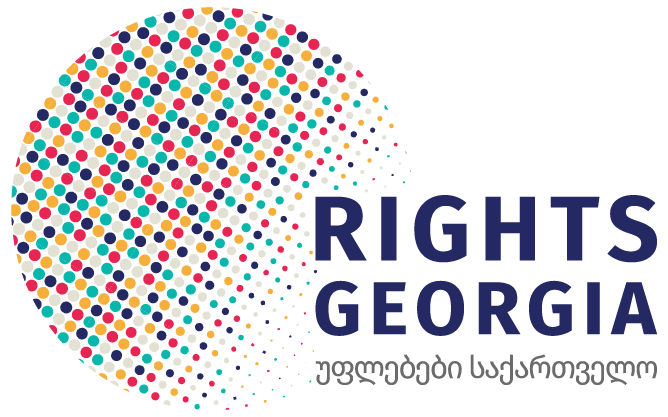Many people around the world face the problem of statelessness. A stateless person is a person who is not considered a citizen by any state. Nowadays, there are millions of stateless people in the world, who are not considered citizens by any state, and individually or together with their family members, they have significantly limited effective enjoyment of basic human rights and freedoms.
Statelessness causes difficulty in accessing basic human rights and freedoms and the impossibility of their proper realization. Consequently, stateless persons face many daily problems and challenges, in various spheres of life. As a consequence, many stateless people have to live in a state of ever-increasing vulnerability, they are at constant risk of discrimination and other fundamental rights violations.
Statelessness may be caused by various reasons, among which are the dissolution of states, the emergence of new states, different legal arrangements of states in terms of citizenship-related legislation, discriminatory legislation, loss or deprivation of citizenship, improper registration and documentation of the fact of a person's birth, etc.
As a result, in statelessness, people are limited in their ability to live freely, obtain residence permits, own and dispose of property, and move and travel freely. Access to health services and education is also a challenge for them. Such difficulties make stateless persons face the problem of employment and naturally, for that reason, stateless persons have less opportunity to contribute to the social and economic development of the state. All the above-mentioned causes serious damage to the mental and physical health of stateless persons.
Besides individual negative consequences, stateless persons may also face many challenges related to family life. In particular, families facing the problem of statelessness are naturally at risk of economic and social insecurity. Also, in some states, gender-discriminatory legislation prevents the transfer of citizenship from the mother to the child, therefore, if the child’s father is unknown or is stateless, the child may become a stateless person in his own country.
The state has an obligation to take care of eliminating the problem of statelessness in its territory and to create an opportunity for stateless persons to enjoy human rights and freedom properly and effectively.
States need to have an effective policy to improve the legal status of stateless persons, which would guarantee the possibility of effective participation in various spheres of life for stateless persons, as well as for their children and other family members.




